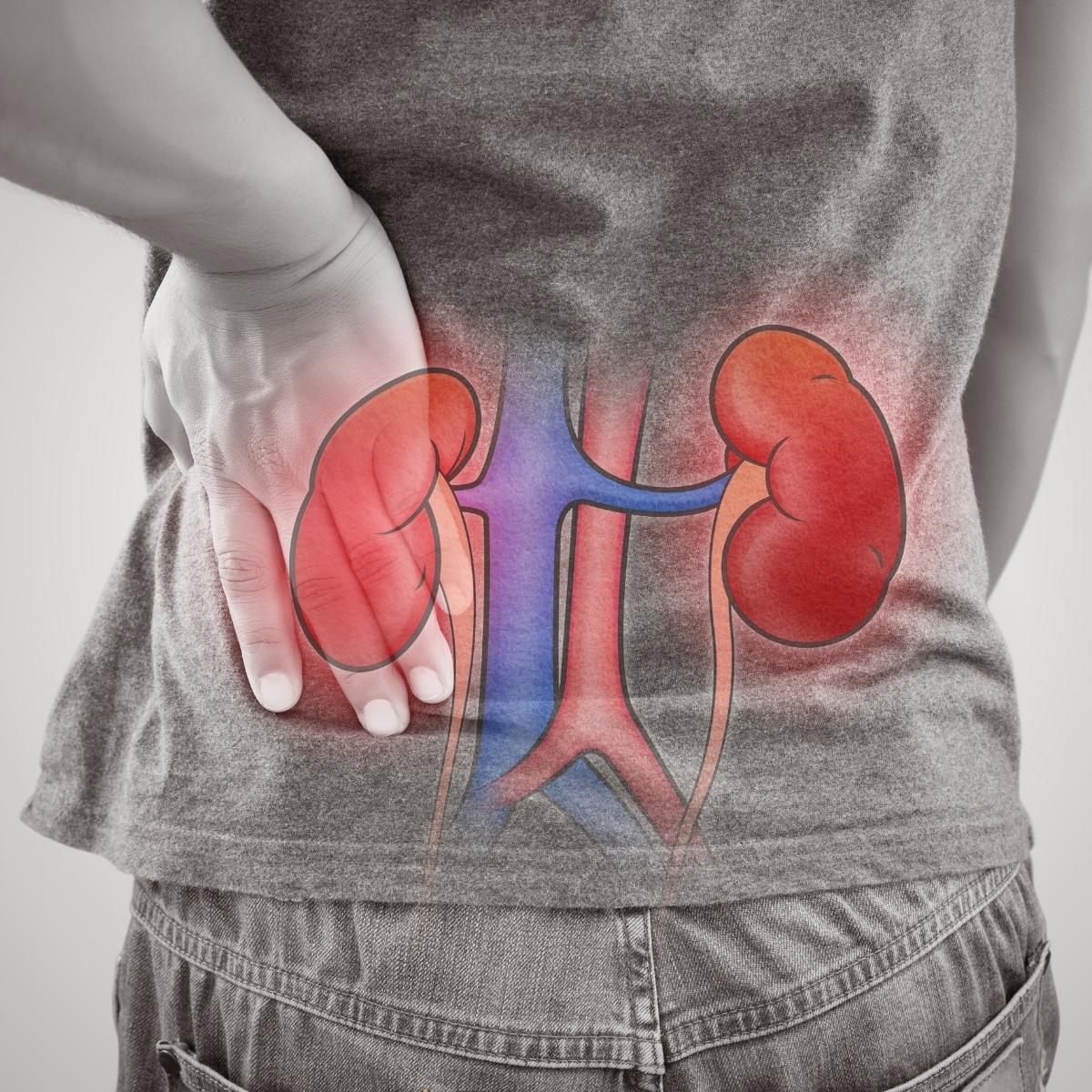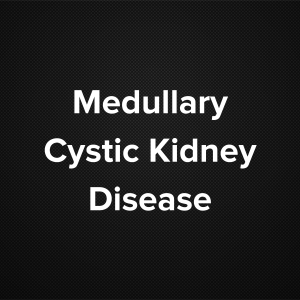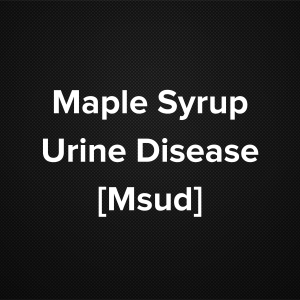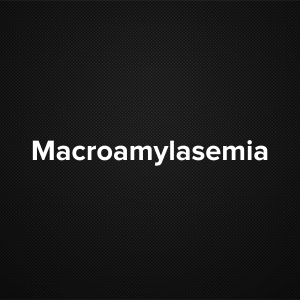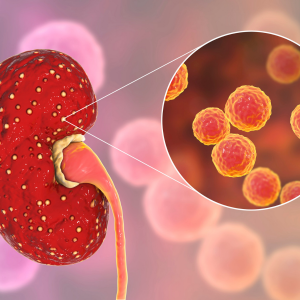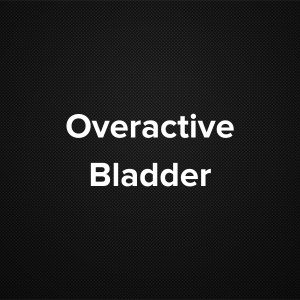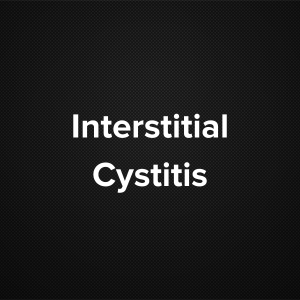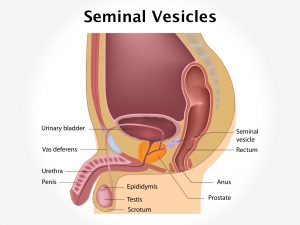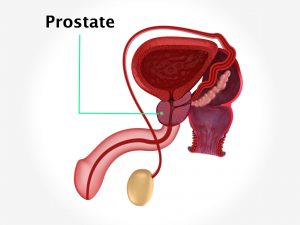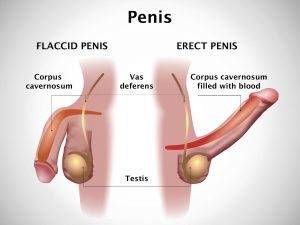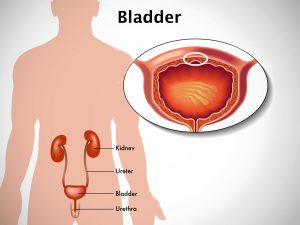Causative & risk factors
Uncontrolled hypertension (high blood pressure) and uncontrolled diabetes (high blood sugar levels) are the commonest causes of chronic renal failure.
Other common causes of CKD include congenital kidney diseases, polycystic kidney disease, pyelonephritis, glomerulonephritis and other kidney infections or conditions. Several drugs when taken for long periods can damage the kidney, especially NSAID’s. Stenosis of the renal artery can also lead to CRF.
Smokers, obese people and those above the age of 65 years are at a higher risk of developing CRF.
Clinical presentation
Patients with chronic kidney disease may not develop symptoms for several years. As the kidney becomes more and more damaged, the patient may start experiencing systemic symptoms. Swelling may be present all over the body; especially apparent on the feet and the face. The urinary output may become reduced. He may start feeling fatigued and drowsy. The patient may lose his appetite and is inclined to nausea or vomiting. Muscle cramps may be present. He develops anemia and exertional dyspnoea. Frequent headaches may occur and it becomes difficult for the patient to fall asleep. He may become disoriented and lose his ability to think clearly.
Chronic kidney failure can give rise to complications like electrolyte imbalances, damage to the central nervous system, pericarditis, pulmonary edema andan increased risk of fractures.
Investigations
The blood is tested for markers of kidney function such as creatinine levels and blood urea nitrogen levels. A urine examination is carried out and a 24 hour urinary output may be measured. The glomerular filtration rate is measured. Imaging tests such as ultrasound or CT scans of the kidney are usually carried out. A biopsy of the kidney tissue may be necessary in some cases.
Treatment
The first step in managing chronic renal failure lies in identifying and treating the underlying cause. The treatment plan will usually include a combination of lifestyle changes and medications.
The patient is advised to maintain a low protein, low sodium diet. The fluid intake must be restricted to 1 to 1 ½ liters a day. Smoking, drinking alcohol and use of tobacco are to be completely restricted. The blood pressure and the blood sugar levels must be frequently monitored.
When the kidneys have lost most of their functional capacity, a procedure known as dialysis has to be done frequently. Sometimes getting a kidney transplant may be the only treatment option.
